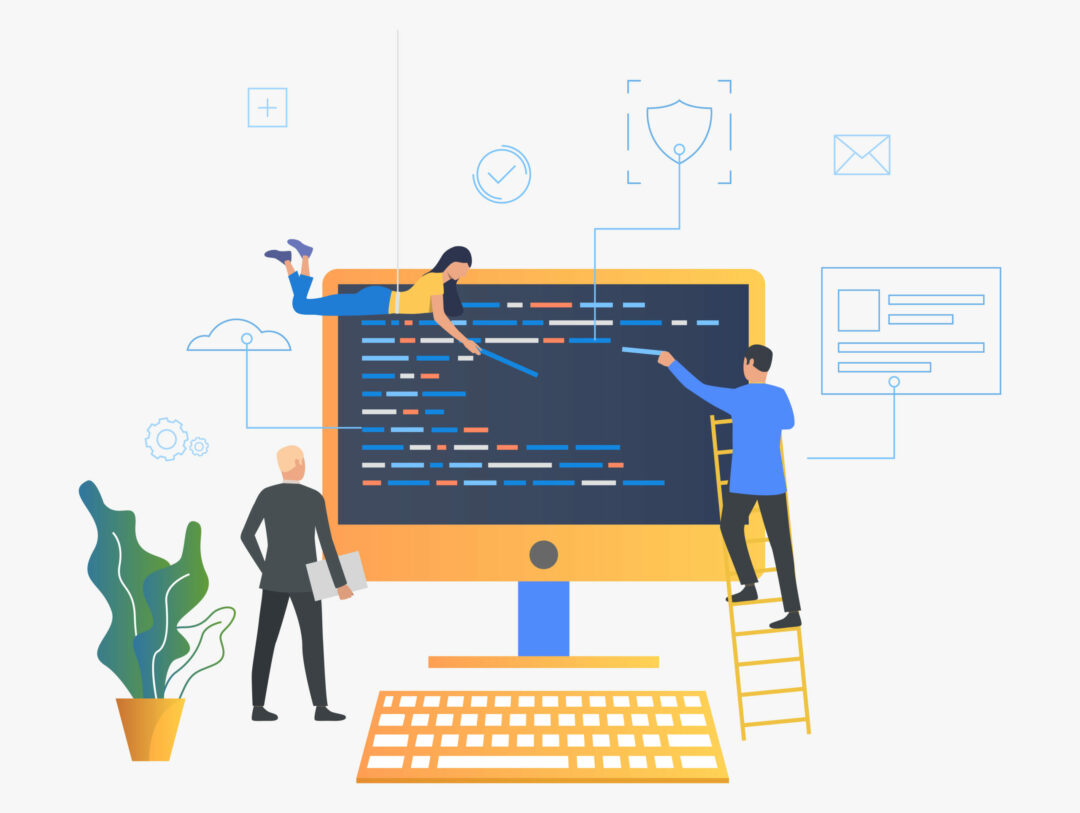How Citizen Development is Enabling Digital Transformation
Blog: ProcessMaker Blog
Way back in 2012, Gartner analysts declared that “We’re all developers now,” referring to the proliferation of low-code platforms that allow non-technical users to create business applications and services within their organizations. According to Gartner, by 2024 74% of organizations will be using at least four low-code development tools for app development and citizen developer initiatives.
As digital transformation has accelerated in recent years, the term “citizen developers” was coined to describe the rapidly evolving roles that non-technical developers play within their organizations. In this article we will look at what citizen development is and the important role that non-technical users will play in driving digital transformation.
What is Citizen Development?
Gartner defines a citizen developer as “a user who creates new business applications for consumption by others using development and runtime environments sanctioned by corporate IT.” A 2015 Intuit Quickbase report, The State of Citizen Development Report, describes citizen developers as “empowered problem-solvers from the various lines of business who have the drive and determination to engage in app development even though they lack traditional coding skills.”
To put it simply, a citizen developer is a non-technical user that creates automation solutions for his or her organization.
Why are Citizen Developers Critical to Digital Transformation?
COVID-19 unexpectedly accelerated digital transformation by at least 6 years. Due to the rapid acceleration, there is a significant shortage of trained and experienced software developers. Moreover, IT departments are commonly understaffed, overworked, and often have limited access to resources.
This is true even of large organizations. For example, General Electric has an IT team of some 10,000 technicians but continues to struggle with the demand gap. In a recent interview with GE’s Global CIO, Chris Drumgoole, he declared that citizen development is the most transformative concept in IT today.
“We want a finance person, a power engineer, or an aviation person to be able to write their own software and applications.”
Research suggests that more and more organizations are relying on citizen developers and innovative tools to meet their needs. According to a recent Gartner survey, 41% of respondents already have citizen development initiatives in place, while 20% plan on developing initiatives. A recent IBM survey found that 80% of surveyed organizations are partnering with citizen developers to meet their needs.
A lack of skilled developers and IT resources are not the only factors contributing to the citizen developer movement. Digital transformation involves more than just automating top-level processes. Organizations also need to automate at the departmental and individual level. No one understands these processes better than those that are involved with them on a day-to-day basis. Citizen developers are ideally suited to automate repetitive and time-consuming tasks to increase productivity and job satisfaction.
No-Code vs Low-Code Platforms
Venture capitalist Marc Andreesen once said, “In the future, every company will become a software company.” Organizations will increasingly rely on software tools and apps like no-code and low-code platforms for their digital needs.
There is often some confusion when it comes to the low code vs no code distinction. No-code solutions offer features like drag-and-drop functionality for users that are generally unfamiliar with programming languages. These platforms allow organizations to create applications without any formal development training. However, a significant drawback is the lack of flexibility. Another issue with no-code platforms is that they can result in shadow IT – apps that experience compliance issues and/or integration challenges.
Low-code platforms offer similar features to no-code tools but are more sophisticated. These platforms minimize hand-coding by providing blocks of existing code. For example, users can drag and drop visual blocks into a workflow to create an application. Low-code platforms are suitable for both citizen developers and skilled developers. Skilled developers can automate repetitive manual coding tasks allowing them to focus on high value aspects of programming, such as creating proprietary code.
The Path to Citizen Development
The success of citizen development initiatives within organizations depends on having clearly defined governance standards. A lack of rules results in inefficiencies and integration challenges. Prior to adopting a low-code platform, stakeholders should consider:
- Who the citizen developers are and how they will be trained.
- What toolsets your developers will use. For instance, choosing a low-code platform that allows users to openly collaborate across the entire organization.
- How to eliminate shadow IT – tools and applications not approved by organizational leaders.
- How technical users will oversee citizen development initiatives and enforce technical standards.
Citizen developers will continue to play increasingly important roles in driving digital transformation. ProcessMaker provides an intuitive low-code intelligent business process management platform that makes it simple for citizen and/or skilled developers to create innovative applications.
The post How Citizen Development is Enabling Digital Transformation appeared first on ProcessMaker.
Leave a Comment
You must be logged in to post a comment.








